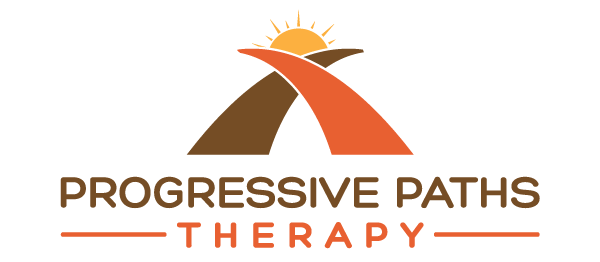“Be the change that you wish to see in the world.”
―Mahatma Gandhi
We really do get to make our own lives, but not in circumstances of our own making.
We are striving to specialize more and more in social justice-informed therapy with individuals, couples, and families. All therapists are vetted before hire and provided various ongoing training and supervision in social justice-informed work.
We recognize that racism, sexism, homophobia and heterosexism, transphobia and transgenderism, classism, ableism, xenophobia, and being in any minoritized marginalized disempowered groups threatens, hurts, imposes barriers, and makes life especially hard in often complex ways for individuals, couples, families, and communities. We recognize that these minority experiences all intersect in complex ways for everyone. Each person has unearned and unfair systemic privileges and disadvantages in various ways, some privileged much more than others and some disempowered and disadvantaged much more systemically than others. We welcome you to talk about any and all of this in therapy, and your therapist will be sensitive with this with you as well.
We seek to be culturally sensitive and humble/teachable in our therapy approaches informed by: anti-racism, caste theory, feminism, pro-feminist and masculinities work, LGBTQ+ affirmative practice, queer theories, anti-ableism, critical theories, post-structuralism, deconstructionism, post-colonialism and post-colonialist critique, Christian and other spiritual approaches to social justice work, progressive approaches to Mormonism and Christianity and faith, communitarianism, and community organizing and activism work.
We seek to integrate communitarian approaches as an important aspect of social justice in helping individuals, relationships, couples, families, groups, and communities to emphasize the deep interrelatedness of us all, to stand against the heavy individualism and selfishness of our broad culture, and to encourage and foster relational and community awareness, support, and connection. Recognizing “our identities are largely shaped by different kinds of constitutive communities (or social relations) and that this conception of human nature should inform our moral and political judgments as well as policies and institutions. We live most of our lives in communities … Those communities shape, and ought to shape, our moral and political judgments … [with] strong obligation to support and nourish the particular communities that provide meaning for our lives, without which we’d be disoriented, deeply lonely, and incapable of informed moral and political judgment.” https://plato.stanford.edu/entries/communitarianism/
All of us here recognize regularly that we each have our own ongoing blind spots, misunderstandings, prejudices, negative patterns and behaviors regarding each of our own social justice growth and development in all these areas (race, gender, class, sexual orientation and gender identity, ability, religious background, age, caste, SES, community, community connection, geographic and nation of origin, etc.)
Our hope is to be with you, bear witness, learn, understand, and have deep compassion for any and all of your experiences in your life related to these identity aspects and relationships.
Your therapist will seek to help you move more and more toward ownership and accountability for your change, growth, and developmental processes. This involves identifying and living your own committed values, purposes, and meaning most important to you in your life, and connecting and re-connecting in meaningful ways you want to with any important people in your life personally, socially, professionally.
For those from broadly defined Mormonism (across the belief/faith spectrum including former-Mormon): Since we are located in Utah County which has one of the highest densities of members of The Church of Jesus Christ of Latter-day Saints we welcome you to talk as openly, genuinely, and vulnerably as you want to in therapy regarding your own experiences with Mormonism—all the good all the bad in any way you want/need. Your therapist will have no specific agenda for your own faith/beliefs. Except that your therapist will want to help you find a way forward that is meaningful, healthy, and in line with your own deepest values, meaning, and purpose for your life and relationships.
We strive to provide therapy that is highest professional quality, research-informed, best practices, and highest ethical standards.

